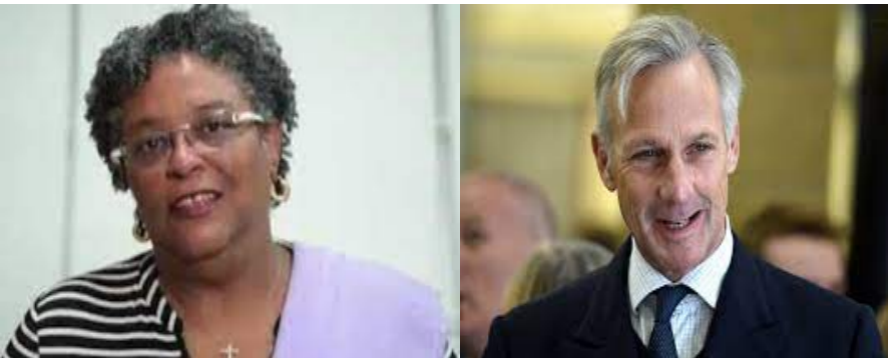
It has been an honor and privilege to represent the Coalition of Cooperatives and Concerned Citizens in this important Electricity Rate Review hearing. On behalf of my co-intervenor Mr Hally Haynes and myself, we thank the Chairman and Commissioners, the Director and Staff of the FTC and all of our fellow intervenors
for all the support and encouragement which we received.
Thanks also to the BLPC team, whose professionalism we feel compelled to admire, even as we challenge the flawed narrative which they have attempted to put to the Commission. At the end of the Hearings, The Coalition is even more concerned than we initially were, about the urgent need for radical reforms in Energy management in Barbados.
Local National Energy Legislation has wisely established BLPC as a REGULATED PUBLIC UTILITY to serve the Public Good of Barbados. For over 100 years, this structure served the electricity needs
of Barbados well, with representation from all Stakeholders.
From 2011 to 2014, Emera Inc of Canada acquired 100% of BLPC shares and in our assessment, proceeded to completely transform the company from a regulated Electric Utility, into a mechanism to generate cash for its new sole shareholder.
Whereas for generations previously, about 15% of net income had been paid in dividends to shareholders, and 85% reinvested into the BLPC’s operations, we have seen 86% of income since 2011 being extracted as dividends, and only 14% reinvested into the utility.
Read full statement





Leave a Reply to DavidCancel reply